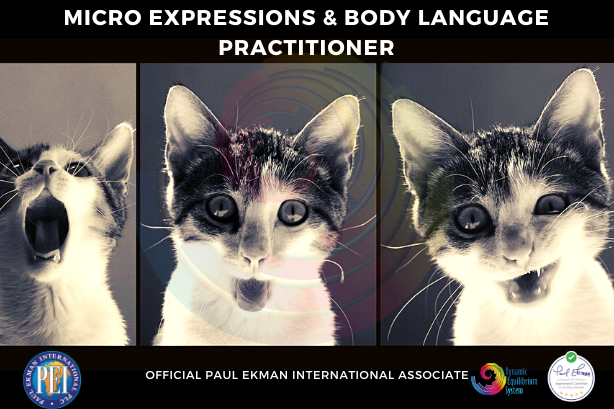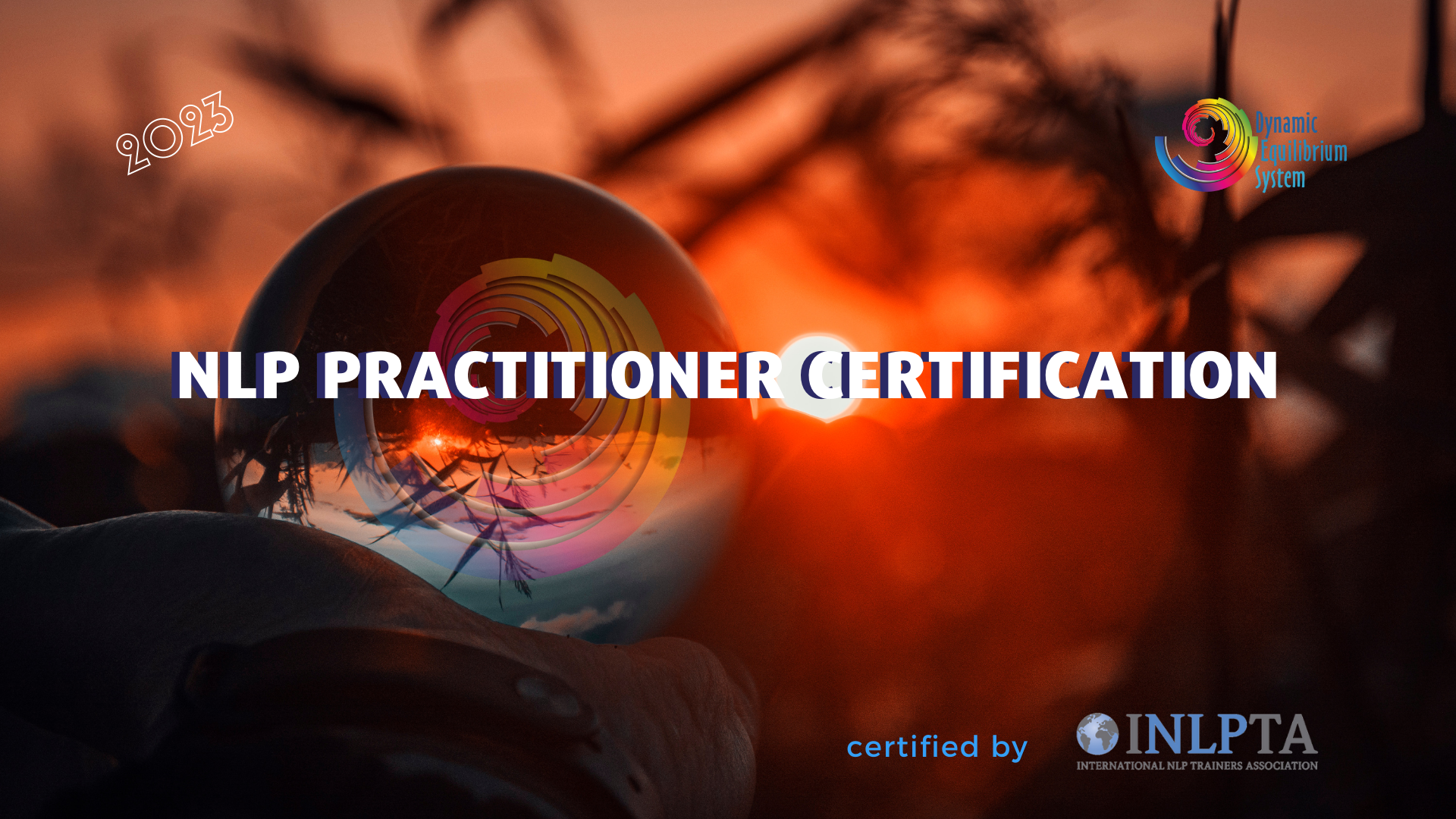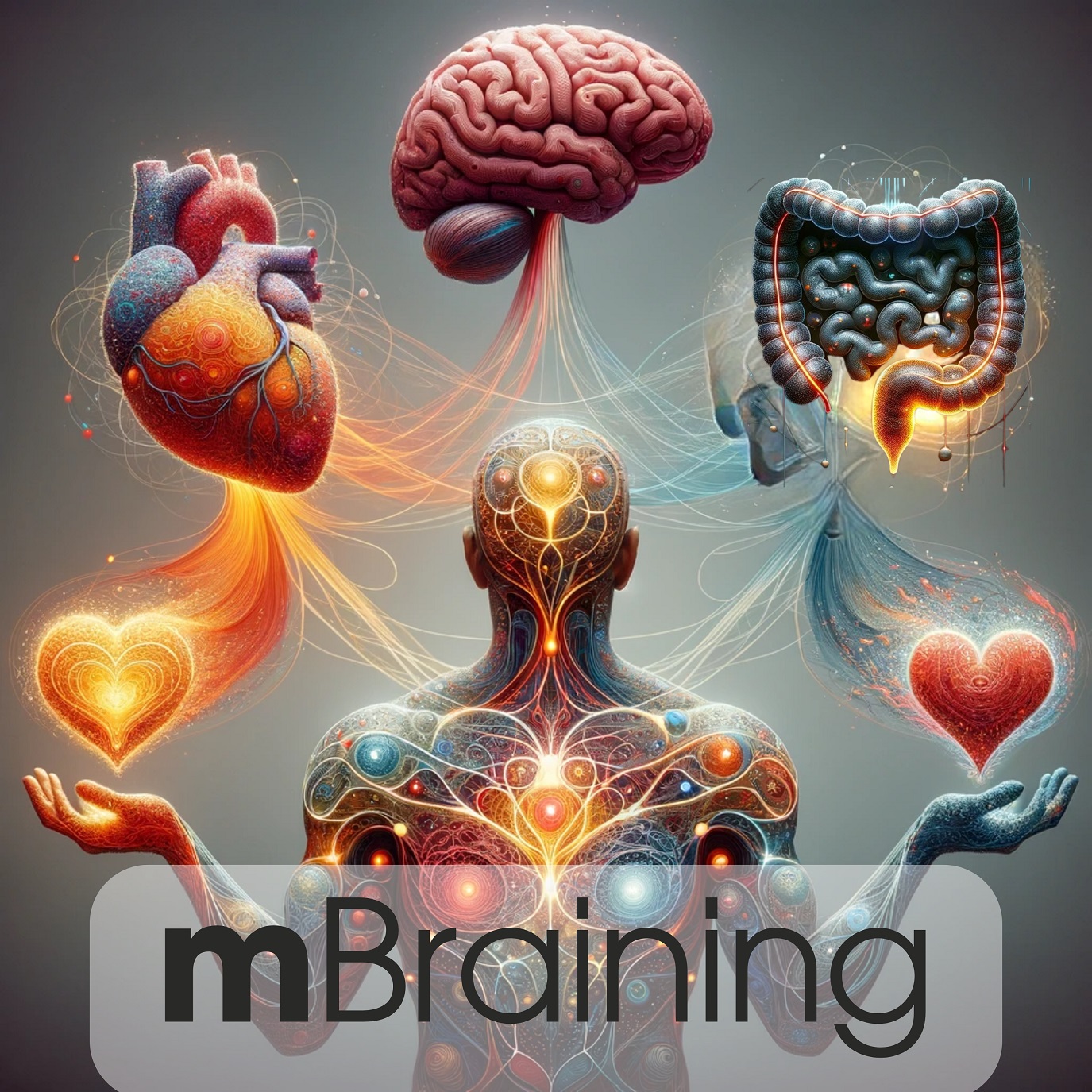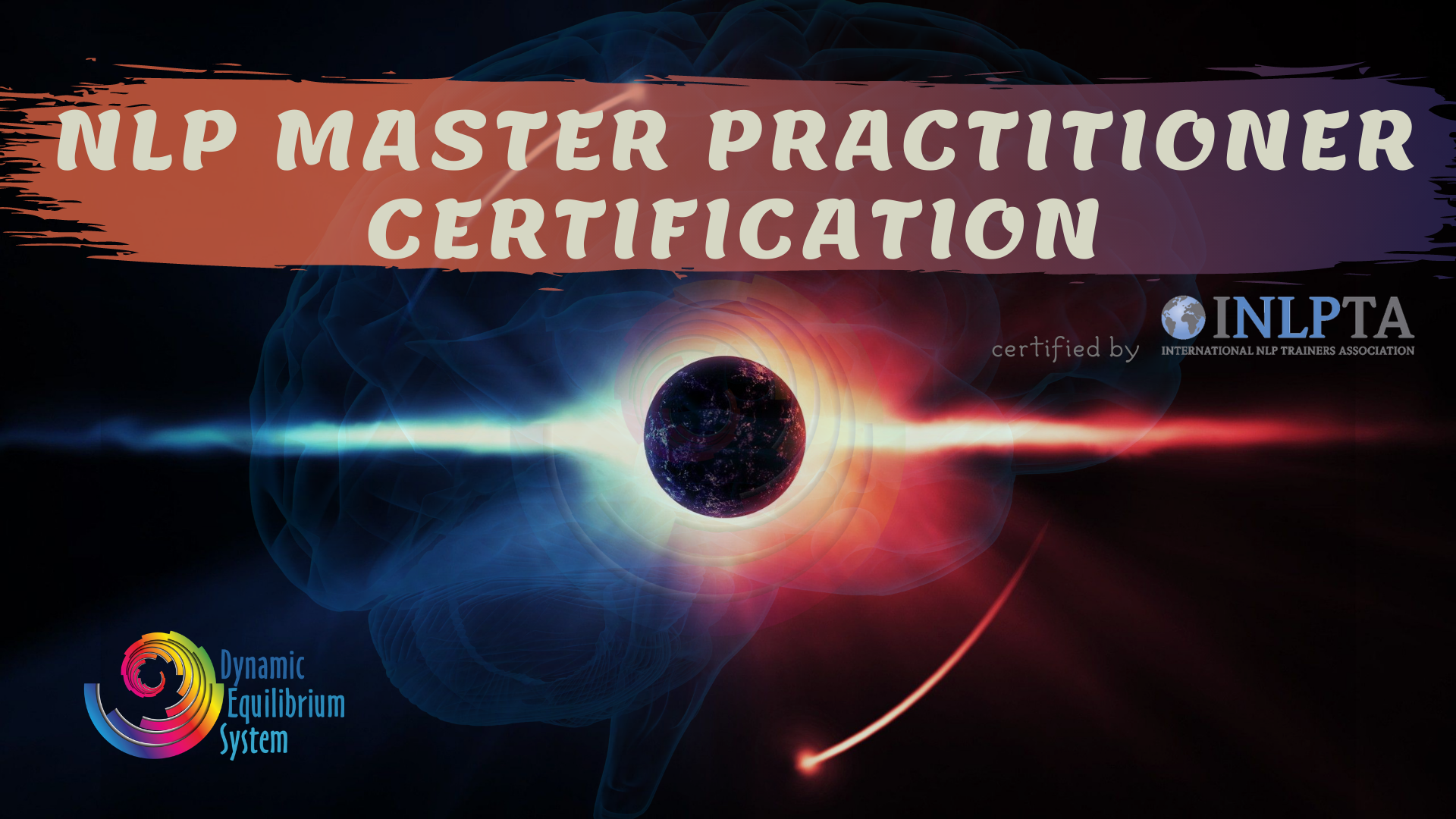Neuro Linguistic Programming (NLP) is one of the most advanced technologies today for creating human change both in individuals and groups in Business, Education and Therapy. The NLP Master Practitioner Training is about mastery – the mastery of your current NLP skills, and mastery of a whole new level of powerful techniques.
Previous Experience Required: NLP Practitioner. Congratulations! Let’s move on…
Learn how to negotiate with elegance, expand your thinking, learn the secret process that dominates everyone’s behaviors, learn the secret behind the secret, control your language & master success. You’ll begin to recognize and understand the advanced teaching processes to make the kinds of personal shifts and skill acquisition that makes NLP students true masters of interpersonal communication.
Requirements for certification as an INLPTA NLP Master Practitioner are: Trained by an INLPTA registered NLP Trainer
- The certification training meets INLPTA training structure requirements
- minimum of 130 hours of formal course room training. (excluding breaks longer than 30 minutes)
- minimum of 15 days of formal course room training
- The attended training meets the INLPTA accreditation competency standards and guidelines.
- The candidate has successfully met the competency standards of INLPTA of NLP Master-Practitioner, as assessed by the registered INLPTA Trainer.
- The certificate needs to be signed be at least one INLPTA NLP Trainer, recommended two.
- The certificates need to have the the starting and ending dates, as well as the numbers of hours and dates written on them. And all certificated need to ordered by the international or National INLPTA coordinator and be numbered and sealed with the official INLPTA seal.
- The candidate is of INLPTA Practitioner accredited status.
- The candidate has successfully met the following INLPTA competency standards requirements for an NLP Master Practitioner, as assessed by the registered INLPTA Trainer:
- Behavioural competency in all Practitioner level skills and the demonstrated ability to do several patterns simultaneously
- The ability to identify, utilize and demonstrate one’s integration of the Master Practitioner content, skills, frames, concepts, principles, processes, techniques and distinctions. (see INLPTA Master Practitioner Assessment Criteria list)
- The ability to do individualized interventions
- Demonstrated ability to operate from an ecological framework and philosophy, and to do ecological change work with self and others
- Advanced development of flexibility with ones’ own representational systems and perceptual filters
- Demonstrated capacity to shift back and forth between content and form as appropriate to context
- Ability to track shifts in different logical levels of internal processing and logical types of descriptions
- Ability to facilitate one’s own learning processes at the appropriate logical levels
- Embodiment of the Presuppositions of NLP
- Multi- tracking abilities
- Ability to maintain resourceful states for intellectual, emotional, and physical choice
- Ability to process one’s own modelling of the world and to re-organize one’s processing as appropriate to the context and outcome
- Certification requirements include the successful completion of the following:
- Written assessment for intellectual integration
- Behavioural assessment for behavioural integration
- Case study documentation Personal/Professional Application Report
- Degree of integration, mastery and elegance with all NLP Practitioner Skills
- Degree of integration of NLP Master Practitioner Process Skills
- Conscious/Unconscious Embodiment of the Legs of NLP
- Conscious/Unconscious Embodiment of the Presuppositions of NLP
- Conscious/Unconscious Multi- tracking:
- Multi Layered Outcomes
- Multi Level Calibration Skills
- Multi Level Conscious/Unconscious Processing
- Ability to Be At Choice With the Process of Identification and Self Evaluation
- Precision Resourcefulness Through All Representational Systems
- Scope of Sensory Flexibility
- Perceptual Sorting Flexibility (Metaprograms and Perceptual Positions)
- Ability to Track One’s Own Epistemological Processing
- Ability to Track the Epistemology of Others
- Epistemological Flexibility
- Ability to Track Logical Levels and Logical Typings
- Ability to Process Learning from Achievement
- Ability to Establish and Maintain Multiple levels of Rapport
- Ability to Separate Process from Content About Process
- Ability to Deliver Deliberate Multi-Level Communications
- Ability to Deliver Deliberate Multi-Level Communications
- Ability to Generalize and Contextualize the NLP Master Practitioner Content and Skills to Other Fields of Personal Interest
- Degree of Integration of NLP Master Practitioner Content Knowledge and SkillsContent Knowledge
An INLPTA NLP Master Practitioner is expected to know the following content at appropriate levels of frames, concepts, principles, processes, techniques, and distinctions:
- METAPROGRAMS – ELICITATION – CALIBRATION – UTILIZATION – CHANGE – FLEXIBILITY
- Toward – Away
- Internal – External Frame (with check)
- Sameness – Difference (with check)
- Possibility – Necessity
- Global – Specific
- Time Sorting: In Time – Through Time
- Time Orientation: Past, Present, Future, Atemporal
- Primary Interest: People, Place, Activity, Things, Information
- Self – Others
- Task – Maintenance (or Task- Relationship)
- Options – Procedures
- Convincer Sort: Representational Systems, Time Frames – (automatic, period of time, number of time, every time, never)
- Index Computations (internal processing, internal states, external behaviours)
- VALUES (CRITERIA) – ELICITATION – CALIBRATION – CLARIFICATION – UTILIZATION – CHANGE WORK
- Toward and Away Values
- Ends and Means Values
- Values Hierarchy
- Optional:
- Bullet Gravesian World Views Model
- Bullet McClelland Motive Model
- CRITERIA UTILIZATION PATTERNS
- Generation
- Detection
- Utilization
- ADVANCED STRATEGIES
- ADVANCED SUBMODALITY WORK
- Submodality Accessing Cues
- Temporal Submodalities
- Advanced Timeline Work
- Changing emotions through temporal submodalities
- ADVANCED MILTON MODEL
- Leverage Inductions
- Overwhelm
- Confusion
- Overloading
- Pattern interrupts
- Fractionation
- Arm catalepsy
- BELIEFS – ABILITY TO DETECT, INSTALL, CHANGE AND UTILIZE
- Core Beliefs
- Belief Systems
- Enabling and Disenabling Beliefs
- MODELING – ELICITATION-EXPLICATION-REPLICATION-TRANSFER-UTILIZATION
- Model selection
- Task decomposition
- Model extraction
- Data reduction and synthesis
- Model formalization
- Model transfer
- Inside and Outside Modeling
- Modeling I and Modeling II
- Contrastive Analysis
- ADVANCED PATTERNS AND TECHNIQUES
- Logical Leveling and Logical Typing
- Optional:
- The Disney Pattern
- Meta Mirror




